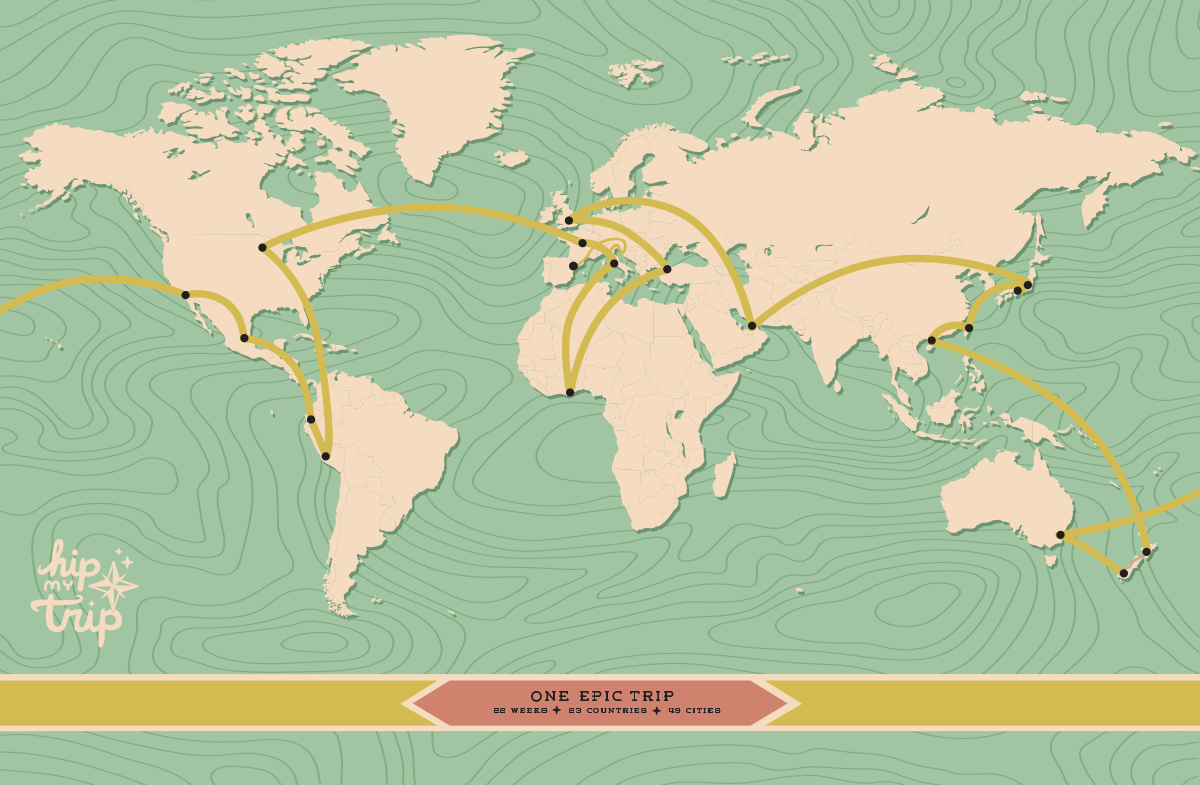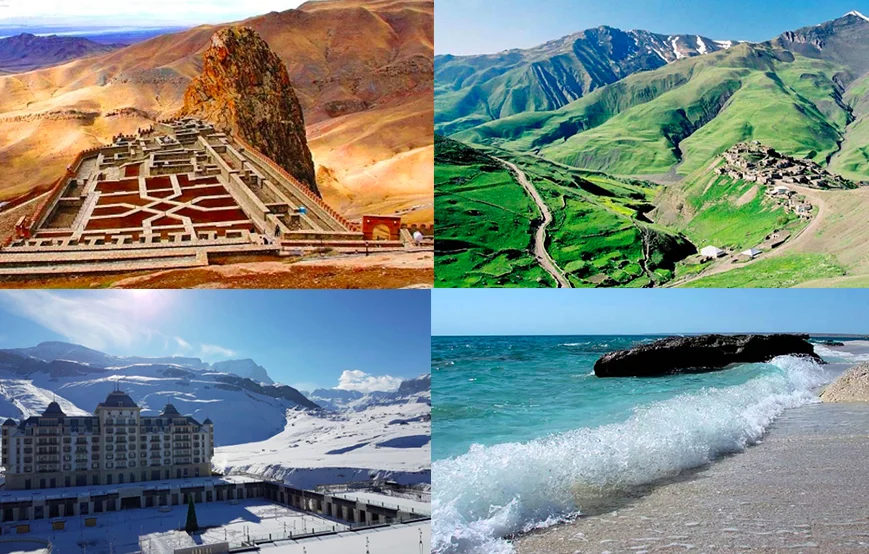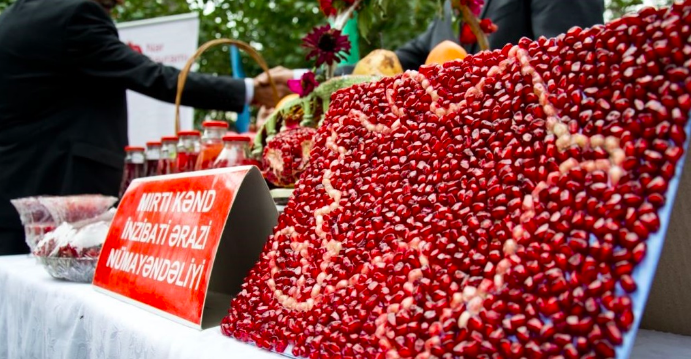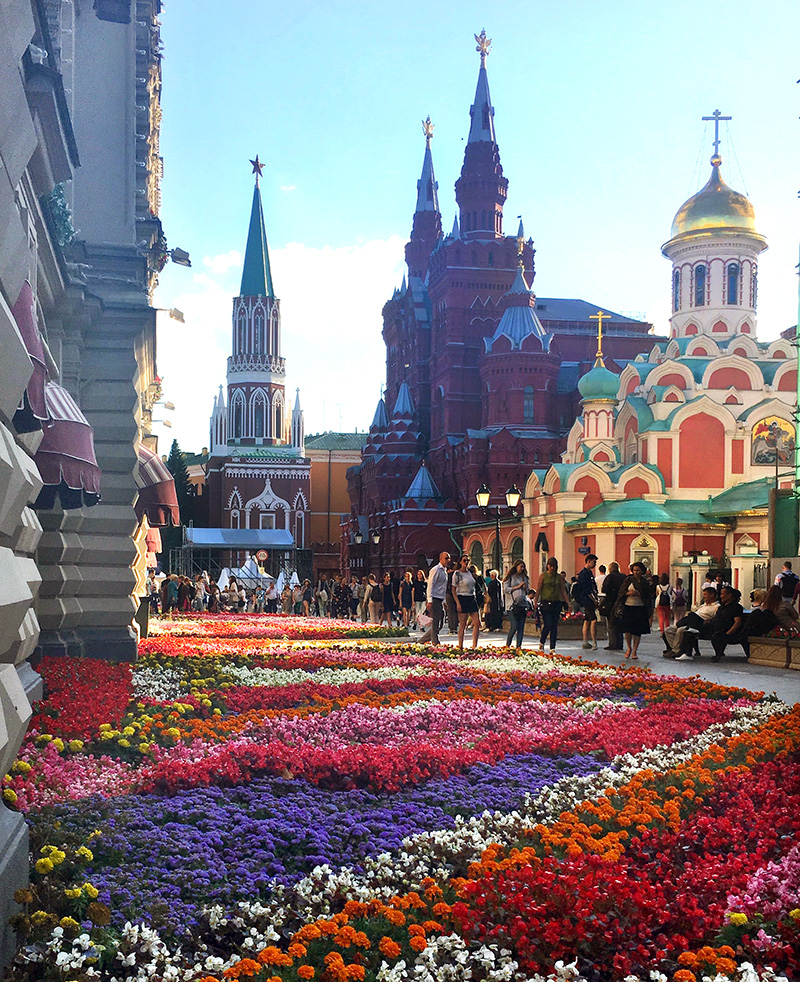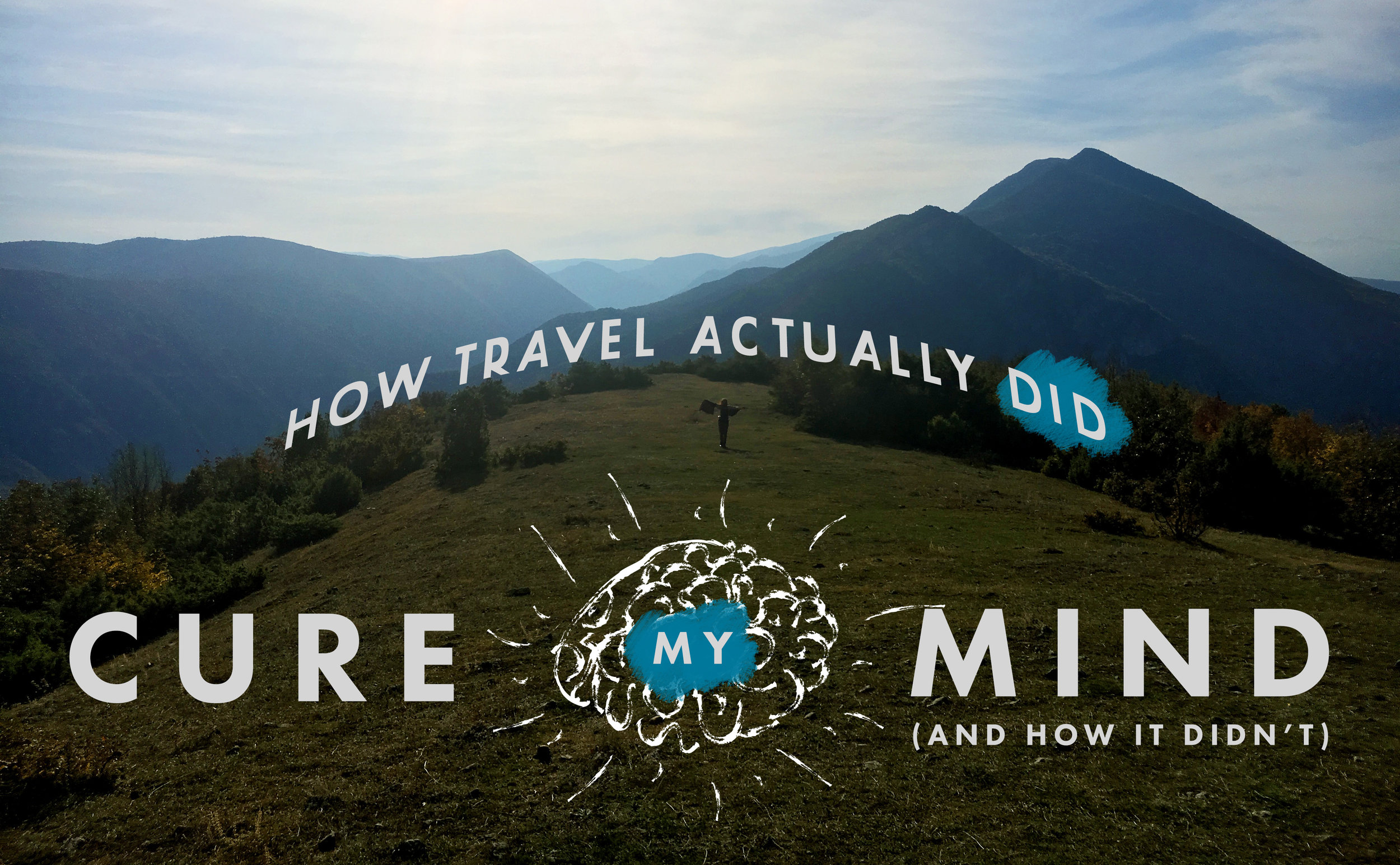Type in ‘location independence’ to your search engine and the first things to pop up will be staged photos of someone barefoot at a beach stretched out under palm trees totally pretending they’re able to see their laptop screen under the beating sun and with no concern for the amount of sand that will surly build up in the cracks of their keyboard. To have location independent work means to be able to work from anywhere. Often this means in your bedroom, living room, maybe treat yourself to a coworking space a few times months, or maybe actually at a beach if someone has been able to figure this out one.
Growing in popularity
Apart from the romanticized beach pics, location independence is quite appealing to many people for a variety of reasons. Maybe you’re a parent looking for flexible work, maybe you are looking for a feasible way to travel more longterm, or simply LOVE wearing fleece pants all day.
As the desire to work location independently grows, so are tools that support the lifestyle (often created by these workers themselves serving as their location independent business). From traveler’s health insurance, to freelance tools and DIY financial resources, it’s becoming increasingly easier to manifest a location independent lifestyle if it’s important to you.
My story (skip down if you just want the tips!)
While being location independent has essentially become a necessity now that I am in an international relationship that presents its myriad of challenges to be able to legally live in the same country, still even after being married—it was a dream of mine ever since learning of the concept 4 years ago.
Currently I’m living just outside of Baku, Azerbaijan as a location independent graphic designer. Before that I spent about 1.5 years living in Italy, and before that I took a solo trip around the world working remote for my company. It has been a journey- that began by asking my boss from my FT job if I could work remote for a few months while I take time to travel. This turned into choosing to take a risk and try freelancing for a few months upon returning, then moving to Italy where I really had time to focus and research/figure things out.
After, I’d say, 3 years of starting my location independent journey I can finally say I’ve figured it out enough to stay stable and wake up with excitement for the day rather than stress or worry. While I work until maybe 10pm, sometimes midnight often (due to being so far ahead of my USA clients)—I also often don’t start work until after 2pm lunch and am able to take time off- whether thats going out some nights, or going on local or international trips. Generally my lifestyle supports many healthy habits I previously wished I had- such as sleeping in as long as my body needs, low stress mornings, time to exercise, time to cook healthy meals, etc. This flexibility was always my dream and I will say the 3 year struggle to figure it out was definitely worth it. There is a sense of freedom in controlling your day, and especially for me stepping away from my home country has given me fresh perspective. (Both a critical and appreciative one.)
After going through the struggle, and continuing to research and learn, I thought I’d share some tips I’ve learned to maybe encourage some others out there if you are dealing with hesitations. Or, maybe you’ll read this and think it’s too much work and you’d rather just have stability like you’re used to- that’s okay too. ;)
Dislcaimers
Working location independent is MUCH more feasible if you have a lower cost of living. The USA (where I’m from) is a very expensive country to live in day to day factoring in rent cost and contracts, health care cost and risks of not having it, lack of public transportation (so dependence on having a vehicle), cost of produce, etc. While I hope you can swing it, just be aware that moving to a more affordable country temporary or long term is a HUGE step to walking away from the stresses living in the USA can bring upon you. Many European countries are much cheaper to live than the USA. (This is asking to be another blog topic I think!)
You have to be the judge of your own success. Success means something different to everyone. You have to assess what is important to you and why. Do you value more free time or money? Or do you want to hustle now so you can have more of both later? I say this because you should consider your individual goals ahead of time and shape your lifestyle around this.
There is HUGE privilege either being a US citizen (or w/work permit) or native english speaker. Many of these points below are written from this perspective and I apologize for not being able to write more inclusively for others- it’s what I know. It is totally possible to be location independent if one of these do not apply for you (my hubbie is successfully doing this) however I am not an expert on it and can’t write from this view. Not even accounting for the legality of being hired as a US citizen, some sites even favor you just for being physically there (such as Upwork). On top of that, having a US bank account allows you to receive money much easier and cheaper (often free) and gives you access to a plethora of more products that help manage your money. If you are a native English speaker there are opportunities for you simply for that fact. It’s worth noting.
So let’s begin with the tips!
FINDING WORK
This is hands down the first challenge in living a location independent lifestyle. I wish I could say this was a quick painless process for me to find stability, but truthfully it was not! And I’m still working on it, and reevaluating my goals on the reg. On one hand it was ‘adventurous’ to move to Italy 2 years ago with no job, on the other (more practical) hand it was pretty terrifying. But I am here to say if you keep persisting, it’s possible.
Jobs in marketing, translation, design, developing, writing, social media management, etc. are great for remote work, but not necessary!
Remember you can always learn any of these skills above if it helps create the lifestyle you want. Either self-taught or through online schooling. Get officially certified for credibility if you need.
There’s an increasing number of job sites you can apply for, but I would also first put out there you may even be able to keep your current job with with a semi-remote or fully remote role. There are a handful of stories I’ve heard where this has been a successful mutually beneficial situation for the employer and employee. It starts with some research and a meeting with your boss to share your proposal. I know it’s probably scary, but what important things aren’t a little scary to get?
If you don’t have this option though, here’s a list of sites to check out, I’m sure there are more:
Upwork — Most popular freelance site, for all types of skills from translations, design, developing, voice over, virtual assistant. Available across the world, though if you’re US-based you have a HUGE advantage, having access to postings with higher pay rates and less competition. Start with a low hourly rate to gain reviews and go up.
Appen — This is the actual way I was able to buy some time to build a freelance life. Through a remote job site, FlexJobs, I came across jobs through Appen and started a part-time ongoing data collection job that lasted about 5 months. (It ends when they have enough data.) It’s not glamorous, but dang it was great to have some income stability starting out! My monthly checks were around 800 USD if I remember correctly. (Though note this supports big data which may be an ethical confliction for you?)
Teaching English: Was English your first language? Just from this you can gain income from teaching kids English remotely! Each site has different requirements, some ask for a college education and some don’t. Look up: VIPKid, Teach Away, DaDa, QKids, iTudor Group, Gogokid...
Remote Job boards: There are so many remote job boards now, it’s hard to keep them all straight. I’ve personally only used Upwork for one-off jobs because many have turned into longterm clients, however I’m always curious to look at what kind of interesting jobs are listed at well established companies that are often full time and even with benefits sometimes. Dynamite Jobs, WeWorkRemotely, RemoteOK, NoDesk, FlexJobs, Remote Woman, Working Nomads
2. TAXES
The next big question that often comes up is regarding taxes. When you work at a company, you don’t really have to think much about this because you have an estimated tax amount deducted before you receive your paycheck. There’s not much else to worry about because you’ll just input the forms you receive from your employer by April the next year.
When location independent you are collecting your freelance money directly and you need to keep track of it and budget for your deductions ahead of time. Either create an Xcel sheet or use a program like Quickbooks to keep track of how much you are receiving and from who. (I kind of nerded out and made my own pretty-looking chart, maybe I could upload this).
I’m not a CPA of course, though I’m lucky to have several in my family so I was able to learn some concepts from them. It may be beneficial to hire someone, or you can do them yourself/with an online site. Here are just a few tips I’ll pass on:
DO keep track of all income you make in a year, record details in case you need for an audit
DO keep track of all your expenses, these are considered the cost of running your business and should be written off
Do be aware of your tax bracket to properly estimate what you owe as you go so it’s not a surprise
DO pay your taxes quarterly- Otherwise known as ‘estimated tax.’ This means you pay 90% of the taxes you paid the year before. It’s divided into 4 payment periods throughout the year. You most likely are required to do this though it’s also much more beneficial to you for budgeting and managing expectations at the end of the year.
You can file as a sole proprietor (most likely) and do not necessarily need and/or benefit from an LLC or business entity. This often relates to risk/liability which may not be relevant to many service based jobs. If you are unsure you should talk with a professional!
If you live abroad, one or multiple places, for 330 days/year you may want to look into the Foreign Earned Income Exclusion. Hire a specialized expat tax company like Greenback Tax to help you if you need, or any CPA knowledgeable in foreign earned income. Not all CPAs will be versed in this niche. Note, physically being in a different country than the USA means you are literally by foot in the country- if you are traveling by plane or boat (under maritime law) this doesn’t count. Just something to be aware of now!
3. LIVING ABROAD
While location independence doesn’t automatically mean you’ll be boppin’ around the world, it could if it’s what you want. Also, as I mentioned above, it is definitely worth considering as many countries might be much more affordable to live than your own, even after factoring the cost of the plane ticket.
Preface/caveat: Often, because of IG culture, ‘traveling’ can be romanticized from the lense of privilege and choice, but working location independent can be beneficial for those also traveling out of necessity. Like I mentioned above, while this was always a goal of mine, living abroad unexpectedly for the past few years due to meeting my husband made it necessary I figured out how to work location independent, since I was/am living in countries I don’t speak the language and it made it almost impossible to get hired in a traditional physical job. Or maybe someone is fleeing violence or persecution in their country, being able to work remote is huge for this. (Though remember receiving money is also dependent on a reliable bank account, which is a whole other topic) . Or maybe those waiting months for their visa to get a physical job. There are so many situations where people would benefit from joining the online workforce. I just want to point out the complex reality for many who would benefit from working online and not follow the same narrative we hear on repeat with these buzz words.
Visa-Free
This topic is highly dependent on your unique passport privileges depending on what country it’s issued from so it’s hard to give a blanket explanation for all. As you may know, the USA passport is highly privileged along with a handful of others.
Go to PassportIndex.com to see what countries you can stay and for how long without prior visas.
Since I can only write from my experiences, here’s some tips from the perspective of the same passport:
A USA passport currently lets you visit 170 (out of 198) countries with no prior visa process. (that’s nuts!)
Legal stays for a US passport currently (this can change, I’m sure I missed some too, check what’s up to date):
360 Days: Georgia, Palau
180 Days: Antiqua and Barbuda, Armenia, Belize, Canada, Dominica, Mexico, Panama, Peru, Saint Kitts and Nevis, United Kingdom,
120 Days: Fiji, Jamaica
90 Days: Albania, Andorra, Argentina, Austria*, Belgium*, Bolivia, Bosnia and Herzegovina, Botswana, Brunei, Brazil, Bulgaria, Chile, Colombia, Costa Rica, Croatia, Cyprus, Czech Republic*, Denmark*, Ecuador, El Salvador, Estonia*, Finland*, France*, Germany*, Greece*, Grenada, Guatemala, Guyana, Haiti, Honduras, Hong Kong, Hungary*, Iceland*, Israel, Italy*, Japan, Kosovo, Latvia*, Liechtenstein, Lithuania*, Luxembourg*, Malaysia, Malta*, Marshall Islands, Mauritius, Micronesia, Moldova, Monaco, Mongolia, Montenegro, Morocco, Namibia, Netherlands*, Nicaragua, North Macedonia, Norway*, Poland*, Portugal*, Romania, San Marino, Senegal, Serbia, Singapore, Slovakia*, Slovenia*, South Africa, Spain*, Sweden*, Switzerland*, Trinidad and Tobago, Turkey, Ukraine, Uruguay, Vatican City, Zambia, Zimbabwe
*Schengen zone (meaning you have 90 days in these places total/collectively)
Nomadic Life
It’s true many location independent workers end up moving from country to country as their visa stays run out. This in turn makes their life essentially nomadic. There is such a large number of ‘digital nomads’ the group is calling themselves the 200th Nation.
Student Visas
Another very popular way to legally reside in a different country is to become a student. You may be surprised at the affordability of getting your undergraduate or Masters in a different country, especially one that has more social programs to support higher education in their country. For a while tuition for even foreign students in Slovenia was free, otherwise many Universities may charge for example 1200 euros for each year of studying. Of course then you would be signing up to be a student, on top of establishing freelance work at the same time, but if you sign up for minimal courses it might be an overall enriching experience that will also add to your resume.
4. HEALTHCARE
Again this is written from the perspective of coming from the USA, because this if often the number one reason we feel we cannot leave the security of our jobs. Having health insurance there is necessary due to how expensive healthcare costs are currently. While there is no longer a mandate to have insurance, it is very wise to be prioritizing it.
If you plan to live in the USA, you DO need to budget for your own monthly insurance to avoid the real risk of financial hardship.
If you plan to live abroad, read on:
HSA globally accepted - If you are lucky enough to have an HSA account already, you are indeed still able to use this abroad where cards are accepted. Just research the transaction fee (mine is 1%).
Healthcare is MUCH cheaper in other countries - You honestly might not need insurance at all. Living abroad you will see the whole insurance industry doesn’t exist either at all or in the same way. My doctor visit/tests in Tokyo was about $30 for example, and a cavity filled at the most expensive place in Baku was $55. (Compared to the $400 in the US). (Unfortunately) several friends of mine have had bad accidents in New Zealand requiring many overnight stays but did not walk away in debt in the slightest. (There, as long as you are legally in the country, you are covered.) It is worth researching the countries you plan to live in first. But remember the extreme of stress and worry from not having insurance is a very uniquely American (USA) thing.
International health insurance IS available - For peace of mind there’s companies out there. SafetyWing for example covers you when traveling, and even the first month (or 2 weeks if USA) back in your home country! There are a handful of other travel insurance options. Here’s a link with more details on health insurance for nomads.
Online therapy - For mental health, there’s an increasing number of companies offering text and video therapy!
5. MANAGING FINANCES
In the past few years there’s been a surge of online personal finance trackers, online banks, investing apps, and resources!
When I stepped away from stability and benefits, I was stepping way from automatic contributions to my retirement. I was taught growing up having this security is important, and also a huge reason many people would opt to stay with a company that does this. But as I jumped into the world of DIY everything, I learned there were many resources out there to educate myself more on finances and tools to help as well. It definitely forces you to be more hands-on with your money and puts more responsibility on you.
First, I would highly encourage you to binge watch as much of the YouTube channel The Financial Diet as possible, especially anything about retirement and investing. (They also have good videos about working remote and passive income.) And really any YouTube channel that breaks down investing and retirement. There are so many resources out there to feel more in control of your future and stability.
Here are just a few tips that I would pass along:
Know and track your net worth - See the ‘big picture’ rather than focusing on just a number in your savings or checking account. Track how investments let your money mobilize faster and educate yourself! Sign up for a modern, user-friendly centralized finance tracker (and broker) like Weathfront or Wealthsimple.
Retirement - Make monthly or quarterly contributions to an IRA. Note you can start and/or maintain one on your own, no need for an employer to do this for you! Of course you do not have an employer matching contributions now, something to consider in your risk to reward.
Investing - Understand investing and have fun with apps like Robinhood, Acorns, etc. Know that you CAN invest in industries you are ethically in line with, like renewable energy for example. BlackRock has been a leader in progressive investing. There is even an ETF for vegan and climate-friendly business.
Credit cards - If you have access to a credit card optimized for travelers (and use it responsibly, the same way you would a debit card), you can end up saving a good amount of money through points and rewards, and also many of these cards have benefits like built in travel insurance. A popular card with no foreign transaction fees is Chase Preferred. Cards aren’t for everyone, and they often benefit those already spending money. It’s best to research, and if any card changes your buying habits in the slightest- if you see you need to spend a dollar more to get the point benefits, it’s often not worth the value unless you are considering the value of insurance, etc. Credit responsibly. :)
6. FRIENDSHIPS
A topic less technical but just as important to your wellbeing is friendships! Working location independent often means working in isolation. It is very common for people doing this to report feeling lonely, isolated, out of touch with others. Whether this is due to working from home and forgetting to step out of the house, or from constantly traveling so all your interactions become temporary.
Some tips on friendships while working location independent:
Appreciate them - It is really common for those working location independently to face loneliness and lack a sense of belonging. As you begin your journey, remember to appreciate all the people in your life and remember to put effort into continuing these relationships.
Keep them - Weeks go by fast, then months, before you know it you don’t know what’s going on in their lives! Remember to check in, and also to not take it personally if they can’t get back to you right away. Value them but remember not to resent them for you not putting effort into making connections where you are. You are responsible for this.
Make them - If you are reading this, then you understand English and you will be able to make friends anywhere in the world. Join a Facebook group for “expats”, or see if there’s a chapter of “Girl Gone International” where you are. “Digital Nomads”, etc. I was able to start a book club pretty easily by making a post in a group called “Baku Expats".” Before I knew it I was connected to a wonderful group of ladies I am so appreciative to have!
Facebook groups are a great way to connect, also there are communities like Indie Hackers, Tropical MBA, etc. Besides making friends in your city, there are many online communities of location independent workers around the world going through the same experiences. Often there are meetups within these communities.
CONCLUSION
So those are my tips on 6 important topics for those interested in maintaining a location independent lifestyle. I want to remind people that working location independent is a global trend, and doesn’t always mean one romanticized Instagramable perspective. There are so many reasons for people to want to work remotely full time, from wanting more comfort in your day as an introvert, seeing more of the world as you fund your travels, or are in a position where you can’t legally get a physical traditional job in your location but need to make an income.
I hope some of this insight has helped clear up some questions some of you have about a location independent lifestyle. Just like with any lifestyle, you have to be the judge for yoruself what you find important in life. Certainly having this lifestyle means a more DIY approach- there are some more factors you may have to consider and weigh in order to determine if it’s right for you.
While it took me a few years of perhaps more stress and incertainty, the time freedom and significant deduction of stress I’ve now become accustomed to is absolutely worth the struggle.
If you truly dream of working remote or location independent, I hope you believe you absolutely can do it. It might not be as fast or easy as you’d like, but if it’s important to you it’s worth it.
Any questions you may have for me I would be super happy to help. Just message me at hello@loopandlaurel.design.
Thanks for reading!
—Daniella Attinella








